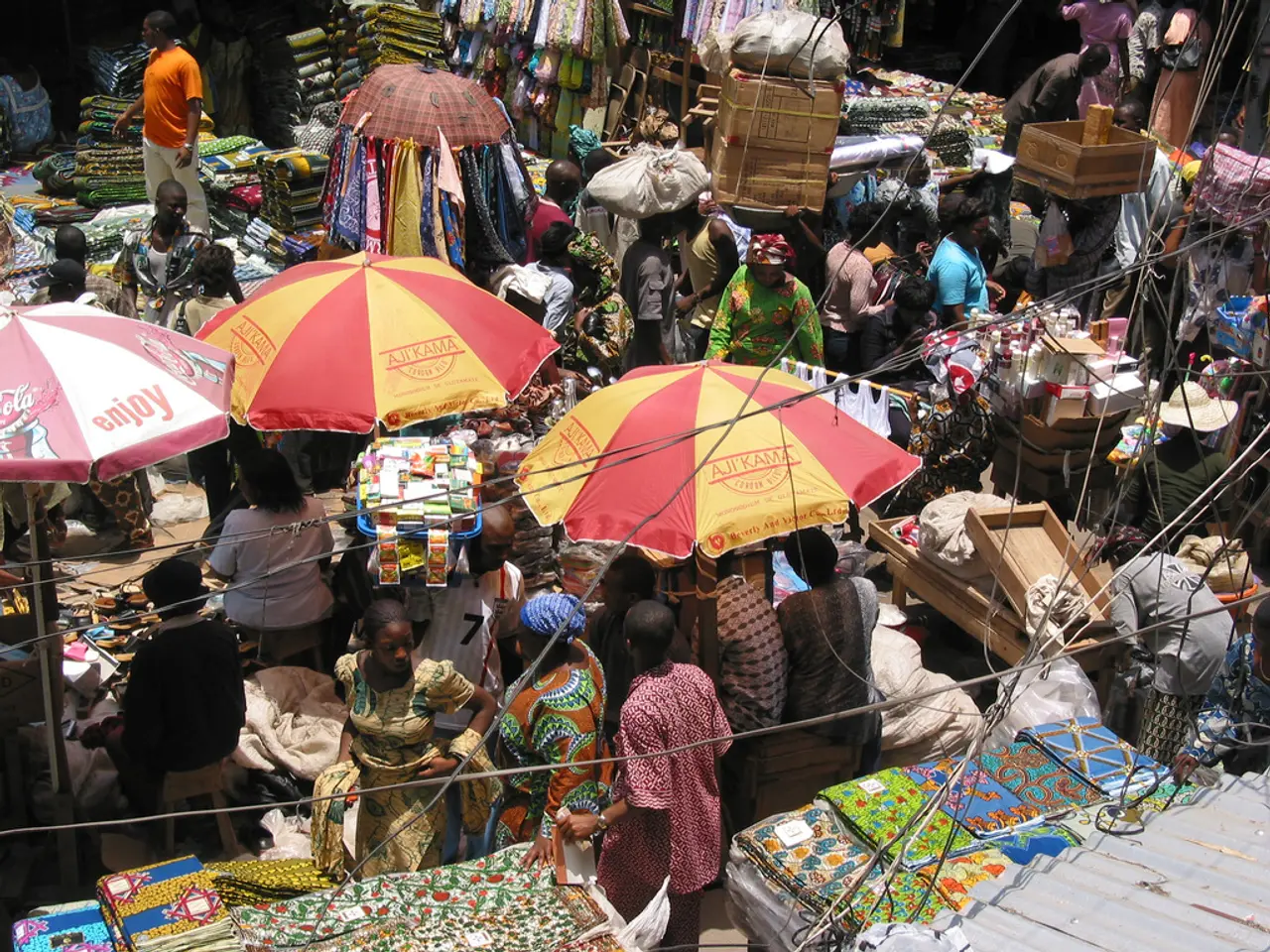Bitcoin Struggles in El Salvador: Just Over a Tenth of Registered Businesses Remain Active
El Salvador, the trailblazer in adopting Bitcoin as legal tender, is currently navigating a complex landscape for Bitcoin-related businesses. This shift comes as a result of the country's agreement with the International Monetary Fund (IMF), which has imposed strict conditions on the use of Bitcoin.
In December 2024, El Salvador secured a $1.4 billion loan from the IMF, which came with conditions requiring the country to end Bitcoin’s status as legal tender, halt public-sector Bitcoin accumulation, stop requiring businesses to accept Bitcoin, and prohibit government entities from Bitcoin transactions or issuing Bitcoin-linked debt. The government must also dissolve its Bitcoin conversion fund (Fidebitcoin), phase out the Chivo wallet incentives, and rollback Bitcoin tax payments in favour of the U.S. dollar as the sole tax payment method.
However, despite these conditions, El Salvador has continued to accumulate Bitcoin, purchasing approximately one Bitcoin per day and increasing its treasury holdings to over 6,200 BTC. This accumulation appears to be done through non-fiscal sector entities or reclassified assets to remain "technically compliant" with IMF terms.
Official government use and promotion of Bitcoin have diminished, with key programs like the Chivo wallet incentive winding down due to low user retention. The impact on Bitcoin businesses has been significant, with the phasing out of incentives and the reduction in cryptocurrency remittance payments leading to a tougher environment.
Despite these challenges, grassroots Bitcoin initiatives like the Bitcoin Beach circular economy still thrive, and tourism related to Bitcoin enthusiasts continues to grow. Government officials have indicated plans to streamline registration processes, offer incentives for operational startups, and collaborate with industry experts to refine policies.
Industry insiders are cautiously optimistic that with the right adjustments, El Salvador can overcome early setbacks and achieve more sustainable growth. The current challenges serve as a sobering reminder that economic reforms, particularly those involving disruptive technologies, require robust infrastructure, clear regulatory support, and a stable market environment to succeed.
The outcome of El Salvador's crypto experiment will influence its economic future and could shape the trajectory of digital currency initiatives worldwide. As the world watches, policy makers are facing pressure to bridge the gap between vision and reality, involving improving the regulatory environment and investing in technical infrastructure. The eyes of the world remain fixed on El Salvador's pioneering crypto experiment, as investors and crypto enthusiasts watch closely to see whether it will emerge as a leader in digital finance or a cautionary tale in the rapid evolution of global monetary policies.
Despite El Salvador's agreement with the IMF imposing restrictions on Bitcoin usage, the government has continued to invest in Bitcoin through non-fiscal sector entities, demonstrating a commitment to digital finance. The challenging environment for Bitcoin-related businesses, due to the winding down of incentives and reduction in cryptocurrency remittance payments, presents an opportunity for the government to refine policies and invest in technical infrastructure, potentially making El Salvador a leader in the industry.




